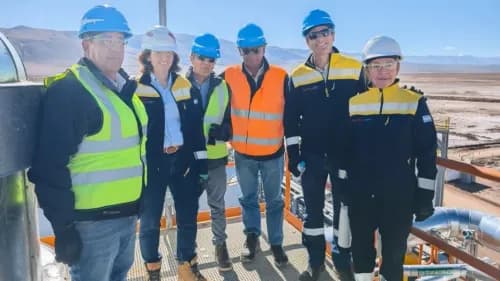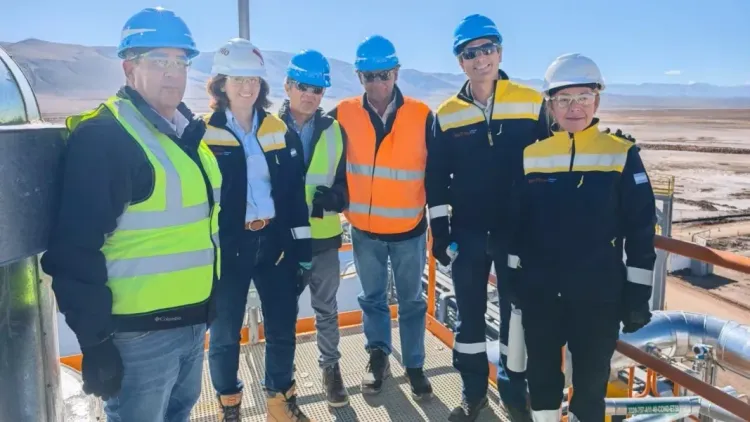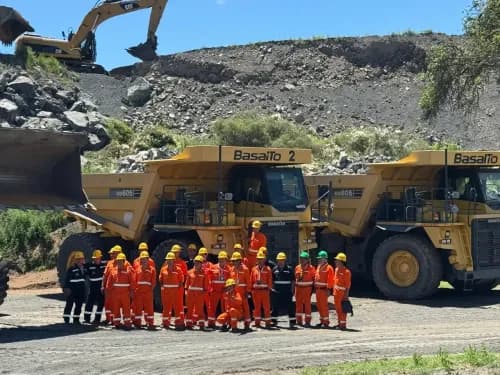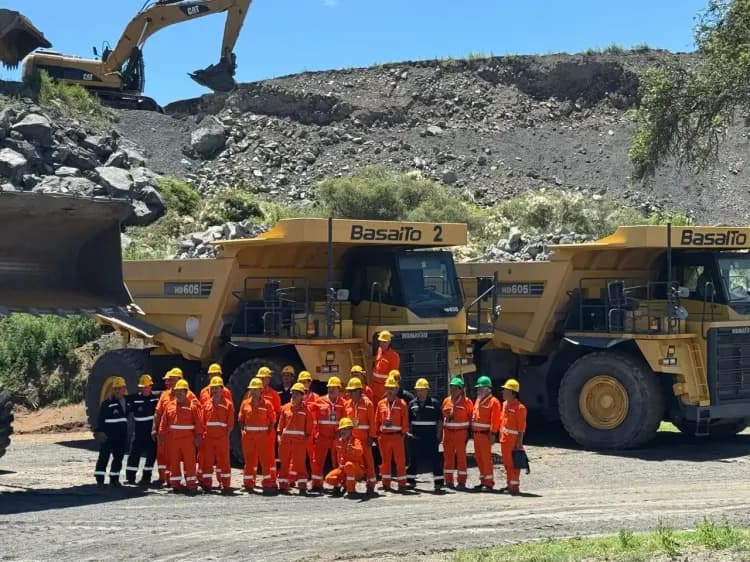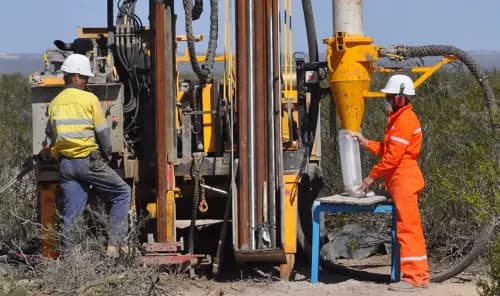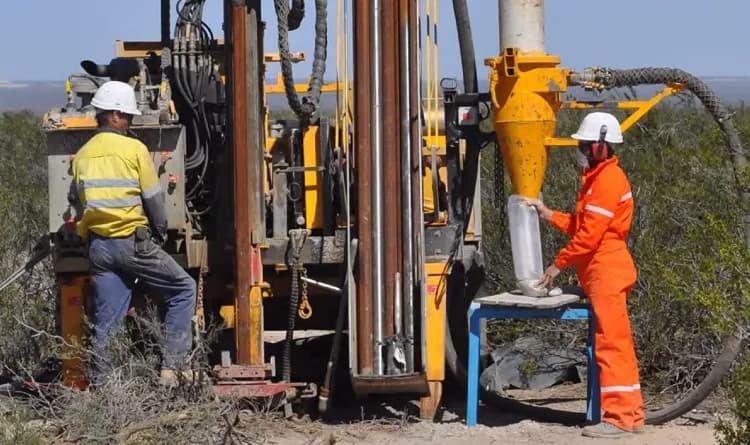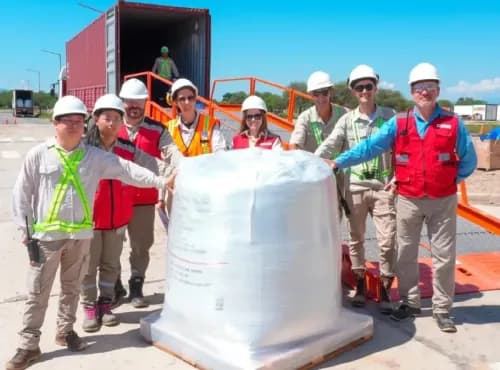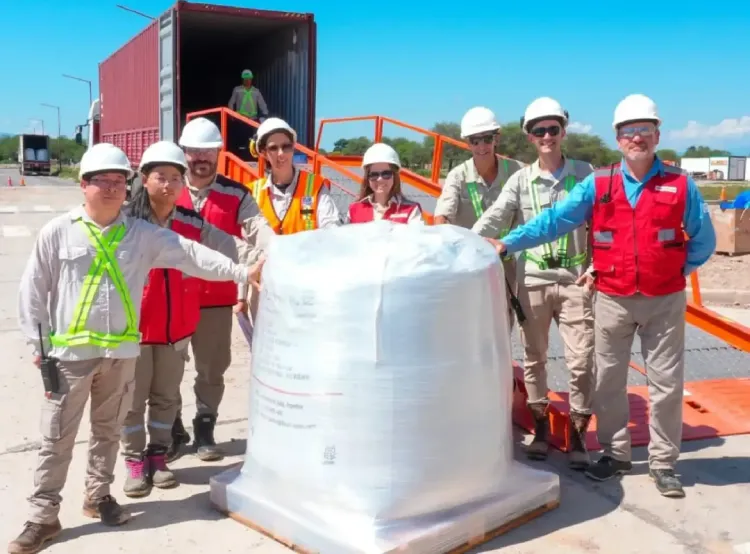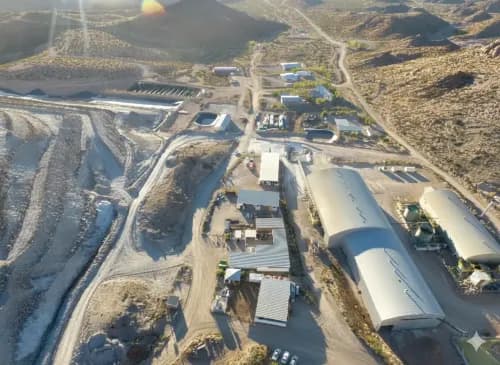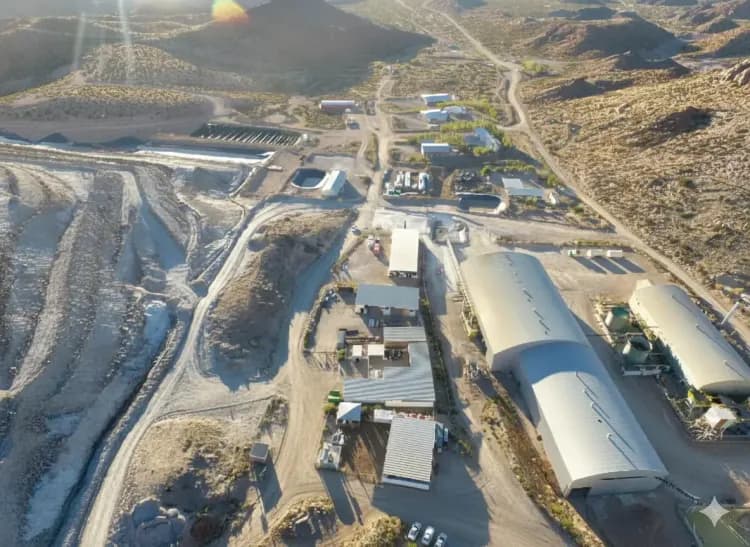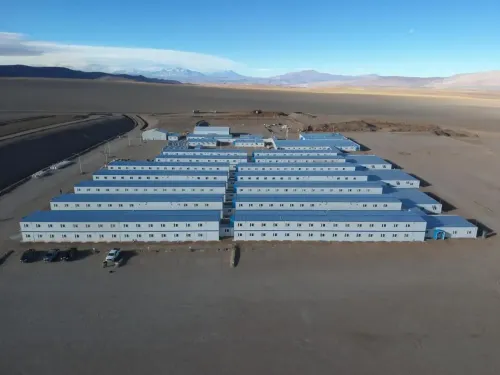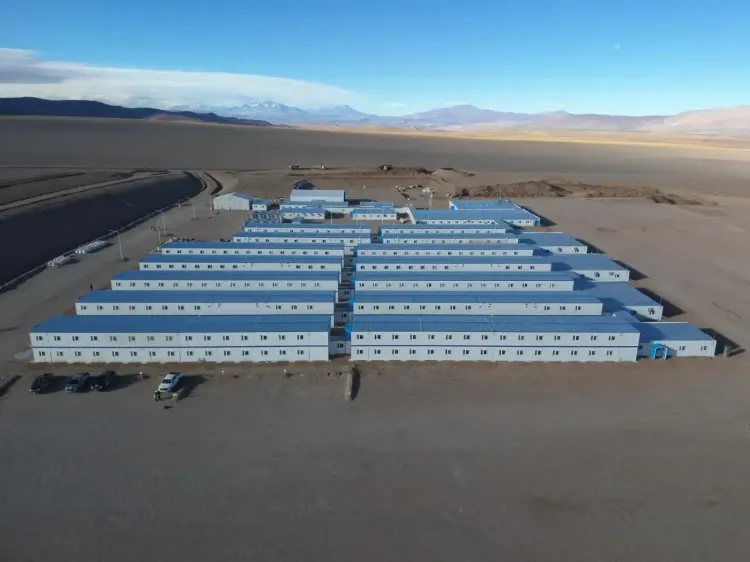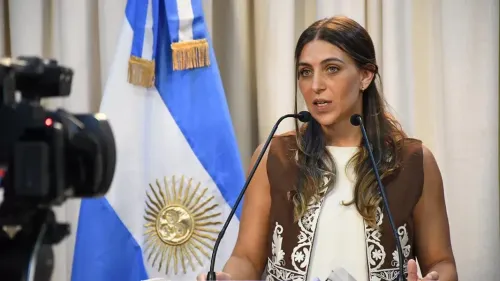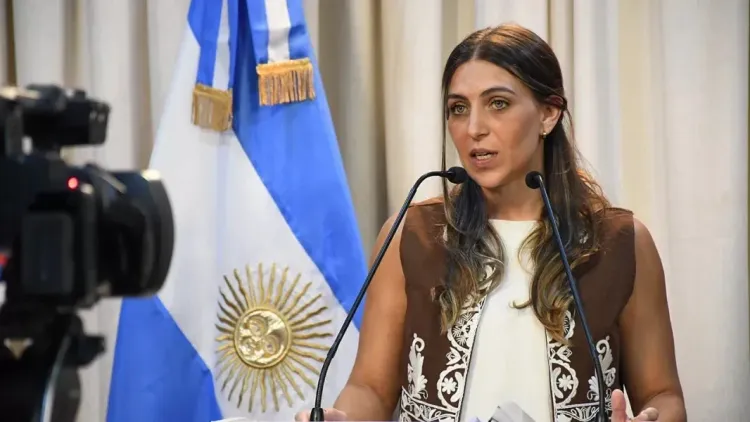During the opening ceremony of the 14th Lithium in South America International Seminar, the governors that make up the Lithium Table — Catamarca, Jujuy and Salta — underscored the legal and regulatory stability provided by provincial frameworks as a key factor for attracting new investment. At the same time, they called for closer collaboration with the national government to strengthen the development of the lithium industry.
By Panorama Minero
The host, Raúl Jalil (Catamarca), was joined by Carlos Sadir (Jujuy). The inaugural panel also included Karina Viñas, Head of the Gender, Diversity and Inclusion Committee of Women in Mining Argentina; Luis Lucero, National Secretary of Mining; Roberto Cacciola, President of CAEM; Héctor Laplace, Secretary General of AOMA; and Romain Nadal, Ambassador of France to Argentina.
Jalil: Institutional Stability and Long-Term Vision
Jalil emphasized the importance of institutional stability as a decisive factor in positioning the region on the global lithium map. He recalled that Catamarca was the pioneer in 1995 with Argentina’s first lithium project, which will soon mark 30 years of operation.
Today, more than 20 countries are investing in the region. Jalil identified the RIGI (Large Investment Incentive Regime) as a new opportunity to consolidate capital inflows.
Despite the recent decline in international lithium prices, he expressed optimism and projected that Catamarca, together with Salta and Jujuy, could double their exports and reach between US$ 700 and 800 million by 2026.
Sadir: Jujuy’s Leadership and a Call to the National Government
Carlos Sadir highlighted Jujuy’s position as Argentina’s leading lithium producer and exporter, with an installed capacity of 80,000 tonnes per year.
The governor called on the national government for greater commitment to structural issues and urged the strengthening of critical infrastructure to boost competitiveness, including road corridors, energy, digital connectivity and air transport.
He stated that provinces are ready to support and maintain dialogue but stressed that a stronger commitment from the national government is needed, particularly in infrastructure.




